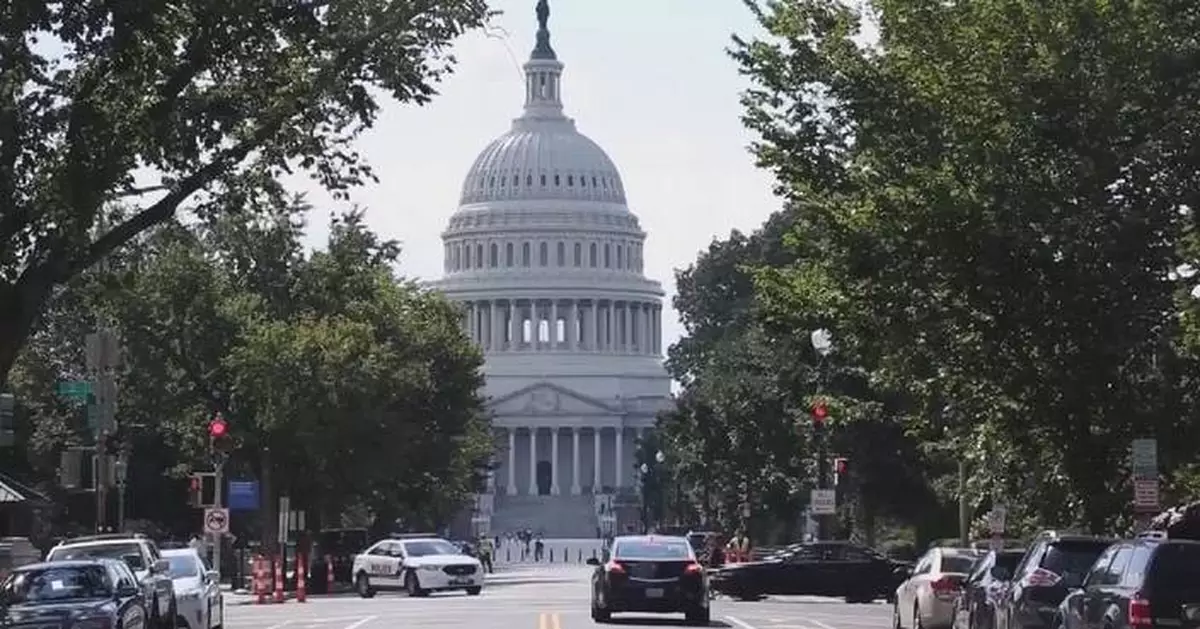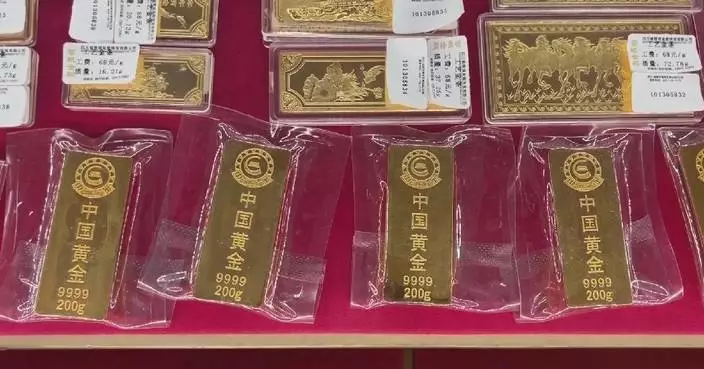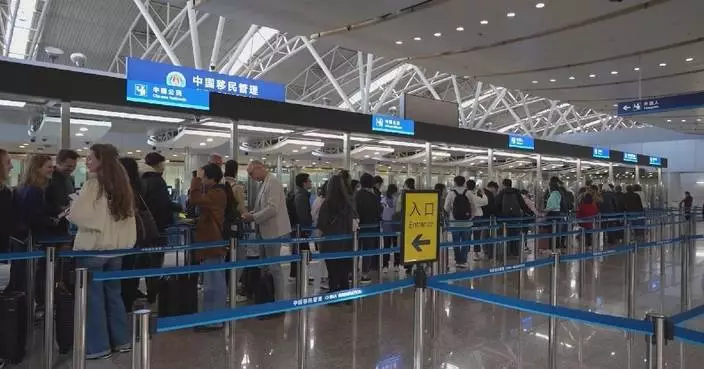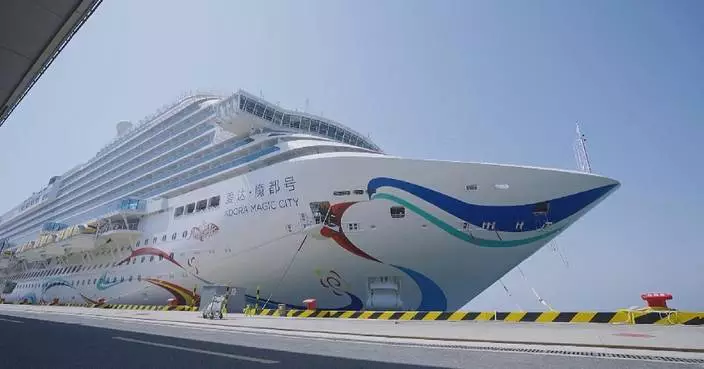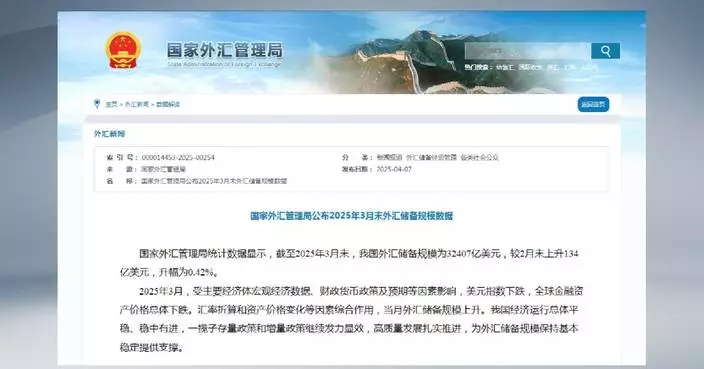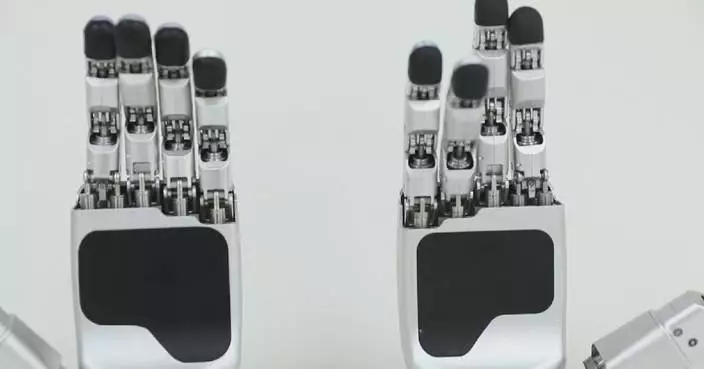Japanese economists have expressed concerns over the latest tariff measures taken by the United States, warning that they could disrupt Japan's exports and global supply chains, while pushing up inflation for U.S. consumers and businesses.
In an interview with the China Central Television (CCTV) on Wednesday, political economist Hamada Kazuyuki said the tariffs would damage Japan's economy and harm American industries and households, describing the move as a retreat into protectionism.
"The United States is shifting toward protectionism, a move that runs counter to prevailing global trends. In today's world, nations form a community of shared destiny, and no single country can tackle global challenges alone. If the United States focuses solely on maximizing its own profits and continues to pursue policies such as 'America First' or 'American Prosperity First,' it will not be able to resolve the pressing global issues we are facing today," Hamada said.
Amid widespread opposition, U.S. President Donald Trump on Wednesday signed an executive order on the so-called "reciprocal tariffs," imposing a 10-percent "minimum baseline tariff" and higher rates on certain trading partners. All imports would be subject to 10 percent additional tariffs, except as otherwise provided, the executive order said. This will take effect on April 5.
Hamada said that the tariffs could pose challenges for Japan not only economically, but also politically, while U.S. companies and consumers will be left footing the bill.
"If the United States imposes a 25-percent tariff on automobiles or increases tariffs in other sectors, businesses will inevitably pass those costs on by raising product prices. This is likely to trigger significant inflation. In the end, American consumers and companies will shoulder the burden, further fueling inflationary pressures. U.S. consumers stand to suffer the most, and that is deeply concerning," Hamada added.
Another Japanese economist cautioned that the impact would extend far beyond car exports, straining supply chains and piling pressure on corporate performance across multiple sectors in Japan.
"U.S. auto tariffs could lead to a decline in vehicle sales, which would in turn reduce orders for parts suppliers. Small and medium-sized enterprises, in particular, may face shrinking order volumes and the risk of falling revenues. If production decreases, labor demand is also likely to drop, putting workers at greater risk of unemployment," said Hitoshi Tsunetomo, executive managing director of the Shizuoka Institute of Economic Research.
Tsunetomo added that Japanese firms are already under pressure as the global trade environment is becoming more restrictive. The imposition of additional U.S. tariffs on steel and aluminum has further deepened concerns among manufacturers.
"It’s not just auto tariffs. Duties on steel, aluminum, and other materials are also increasing. If the United States moves toward broader tariff hikes in the future, it would be deeply concerning. Continued external cost pressures would squeeze corporate earnings, with corporate profits, particularly net profits of companies in Shizuoka Prefecture, likely to decline. Tariffs may also drive up consumer prices, affecting not only businesses, but also household budgets. As a result, both companies and ordinary consumers are expected to feel the impact," Tsunetomo said.

Japanese economists warn US tariffs risk disrupting supply chain, pushing up inflation

Japanese economists warn US tariffs risk disrupting supply chain, pushing up inflation


